Technology
The Daily Crunch is TechCrunchroundup of our biggest and most important stories. If you&d like to get this delivered to your inbox every day at around 9am Pacific, you can subscribe here.
1. Boeing CEO out following 737 Max fiasco, will be replaced by current board chairman
BoeingCEO Dennis A. Muilenburg is CEO no longer, the company announced today. Effective January 13, 2020, current Board Chairman David L. Calhoun takes over the top executive officer spot at the aerospace company, and becomes president, as well.
This isn&t exactly a surprising decision: Boeingyear has been marked primarily by its handling of the 737 Max issues it faced, which stemmed from aircraft failures that resulted in crashes and the deaths of passengers.
2. Tesla lands $1.4B from Chinese banks to build out its Shanghai gigafactory
Tesla has reportedly secured over $1.4 billion in financing in the form of loans from multiple Chinese banks in order to help fund the construction of its new gigafactory in Shanghai. FirstReuters and now Bloomberg reported the funding, with an official announcement supposedly scheduled for sometime this week.
3. TikToknational security scrutiny tightens as U.S. Navy reportedly bans popular social app
According to a notice published by the U.S. Navy this past week, TikTok will no longer be allowed to be installed on service members& devices, or they may face expulsion from the military serviceintranet. This is just the latest example of the challenges facing the extremely popular app.
4. Whatever happened to the Next Big Things?
So whatnext? Jon Evans runs through some candidates for Next Big Thing and wonders whether something has to be next at all.
5. IndiaHomeLane raises $30M to expand its one-stop shop for interior design
HomeLane helps property owners furnish and install fixtures in their new apartments and houses. The company has established 16 experience centers in seven Indian cities so that consumers can touch and see materials and furniture.
6. 201910 defining moments in venture capital
These last 12 months have been replete with scandals, new and interesting upstarts, fallen CEOs and big fundraises. (Extra Crunch membership required.)
7. This weekTechCrunch podcasts
On the latest episode of Equity, Alex and Kate discuss some new venture funds. And on Original Content, we review Netflix&Marriage Story,& as well as the latest Star Wars movie &The Rise of Skywalker.&

- Details
- Category: Technology
Read more: Daily Crunch: Boeing names a new CEO
Write comment (94 Comments)Max Q is a new weekly newsletter all about space. Sign up here to receive it weekly on Sundays in your inbox.
Typically, the holiday season is a slow one in the tech industry — but space tech is different, and this past week saw a flurry of activity, including one of the most important rocket launches of the year.
Just about every significant new space company got in on the action during the past seven days, either with actual spacecraft launches, or with big announcements. And everything that went down sets up 2020 to be even crazier.
Boeingbig year-end mission doesn&t go as planned
Boeing managed to get a crucial test launch in for its commercial crew program — which is NASA effort to get U.S. astronauts launching from U.S. soil once again. Boeing launched its &orbital flight test& or OFT on Friday, and the actual rocket launch part of the flight went exactly as intended.

Unfortunately, what came next didn&t match up with what was supposed to happen: The Starliner spacecraft (which wasn&t actually carrying anyone for this test) ran into an error with its onboard mission clock that led to it expending more fuel more quickly than it should have, leaving it with not enough fuel to make its planned rendezvous with the ISS.
… but at least it stuck the landing
The Starliner capsule didn&t dock with the Space Station, but it still completed a number of key objectives, like demonstrating that its docking arm extended properly. Maybe most importantly, it also landed back on Earth on time and on target, per the revised mission plan that Boeing and NASA hammered out once they determined they couldn&t reach the station as planned. In space as in startups, even failures are successes of a kind.
SpaceX launches Falcon 9 but misses the fairing catch
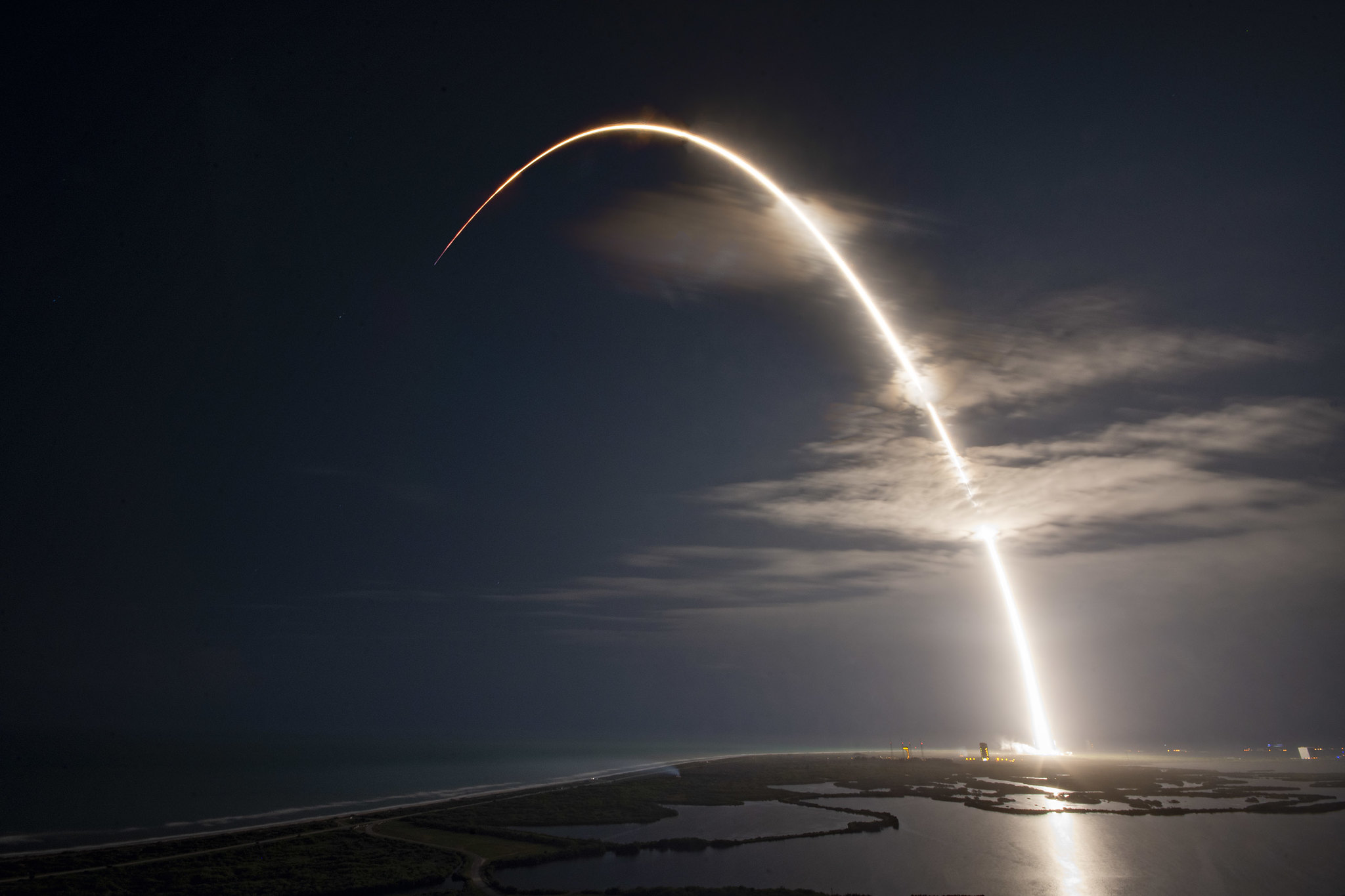 SpaceXlatest launch took place on Monday, and it was a success in just about every regard — except in terms of one of its secondary missions, which was an attempt to catch the two fairing halves that together cover the payload as the rocket ascends to space. SpaceX has been trying to catch these with ships at sea equipped with large nets, and it caught one previously. It&ll keep trying, just like it did with rocket booster landings, and could save up to $6 million per launch once it gets the process right.
SpaceXlatest launch took place on Monday, and it was a success in just about every regard — except in terms of one of its secondary missions, which was an attempt to catch the two fairing halves that together cover the payload as the rocket ascends to space. SpaceX has been trying to catch these with ships at sea equipped with large nets, and it caught one previously. It&ll keep trying, just like it did with rocket booster landings, and could save up to $6 million per launch once it gets the process right.
Europe launched a planet-watcher
The European Space Agency also launched a rocket this week — a Soyuz carrying a new satellite that will observe exoplanets (planets outside our solar system) from orbit. It&ll be able to assess their density from that vantage point, giving us valuable new info about the potential habitability of distant heavenly bodies.
Apple might enter the satellite constellation game
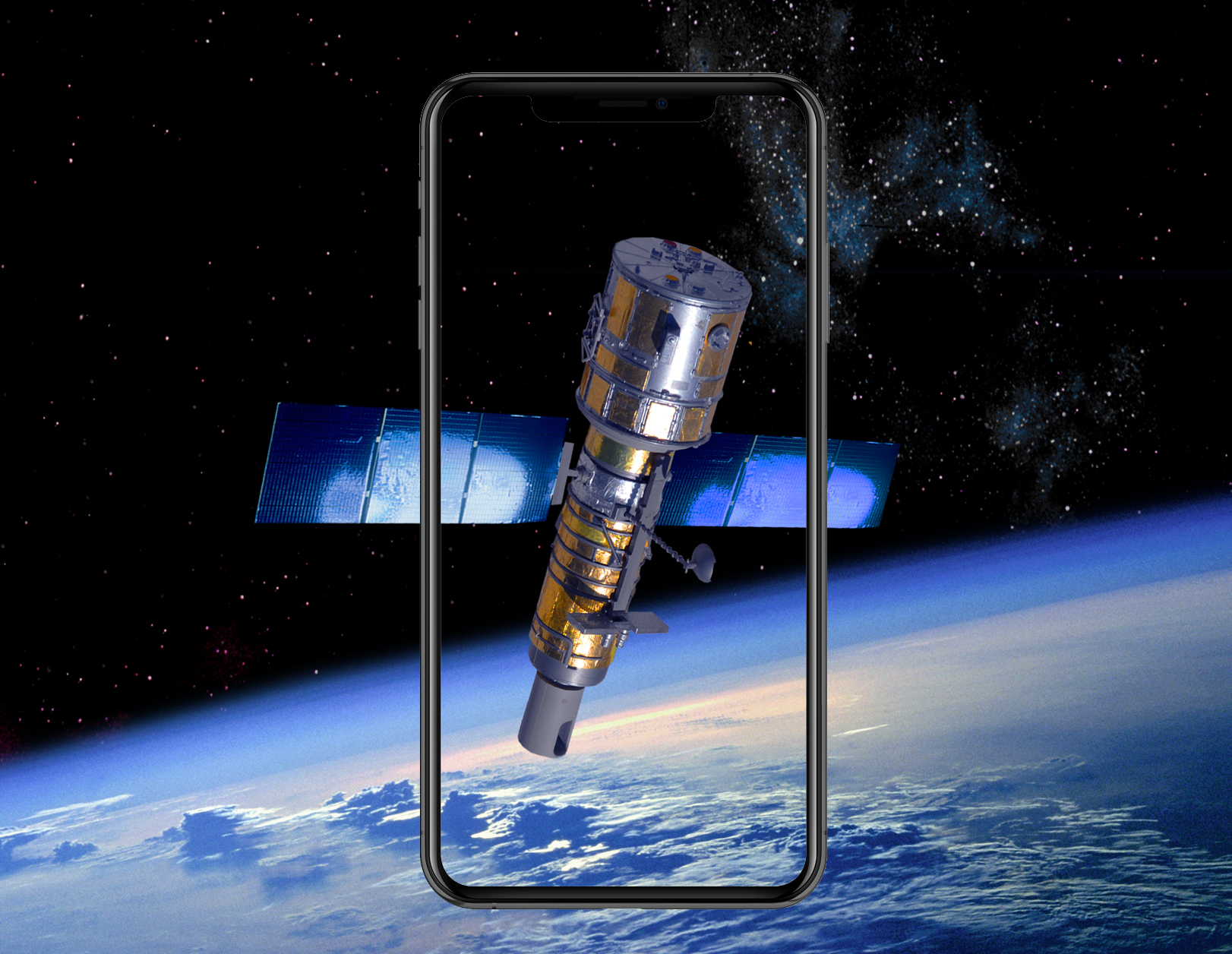
Smartphone iPhone XS mockup. Design template for graphic design, motion graphics, digital marketing.
Apple apparently has its own team internally working on satellite communication technologies. This effort may or may not involve the iPhone-maker actually developing its own spacecraft, but it seems like the overall goal is to develop its own direct wireless communication network to work with iPhones and other Apple hardware.
Amazon is opening a dedicated HQ for its satellite business
Meanwhile, Amazon own satellite business is a known quantity called &Project Kuiper,& and the company is going to double down on its investment next year with a new dedicated space for KuiperR-D and prototype manufacturing. Eventually, Kuiper will be a constellation of low Earth orbit satellites providing broadband to underserved and unserved areas of the globe.
Rocket Lab is already working on its third launch pad

Rocket Lab will be opening a third launch pad, the company announced, just after declaring its second in Virginia this month. The third launch site will be at the same spot as its first — on the Mahia peninsula in northern New Zealand.
- Details
- Category: Technology
Read more: Max Q: Launches from SpaceX, Boeing and the ESA
Write comment (96 Comments)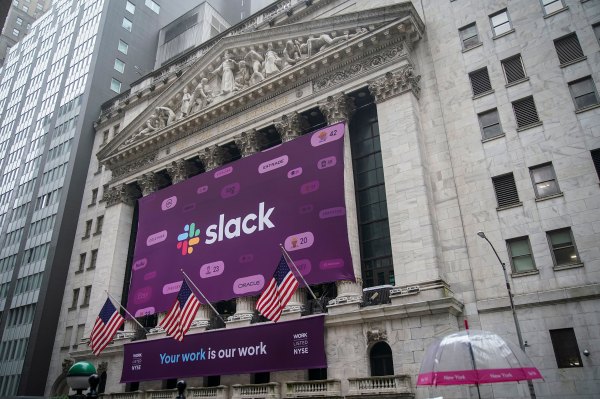
One odd thing in 2019 has been Slackfalling share price contrasted against the rising value of the Nasdaq composite, a tech-heavy index that many use as shorthand for the US tech market. Why one of techhottest, and fastest-growing companies was losing altitude while tech stocks themselves broadly rose has been interesting to unpack.
Whether it was software-as-a-service(SaaS) modest repricing from summer highs, MicrosoftTeams push, or Slackinitial value just being too high, what the workplace productivity company is really worth has been an open question since it began to trade earlier this year; what became plain as the year went along, however, was that its initial trading range (above $40) and direct listing reference price ($26) were far too high, and a little too high, respectively.
But as the year comes to a close Slack has found a trading range that it likes, as we touched on a few weeks ago. This has led to the companyrevenue multiple itself stabilizing, which we should take a moment to explore. Why? Because the companynew price/sales stability helps set a useful, upper-bound for SaaS valuations to an important degree. And because Slacknew valuation is at once a real achievement, and, at the same time, a modest disappointment.
- Details
- Category: Technology
Read more: Slack’s worth about 18x revenue, and there’s nothing wrong with that
Write comment (91 Comments)Last week, Spotify sent a number of USB drives to reporters with a note: &Play me.&
Itnot uncommon for reporters to receive USB drives in the post. Companies distribute USB drives all the time, including at tech conferences, often containing promotional materials or large files, such as videos that would otherwise be difficult to get into as many hands as possible.
But anyone with basic security training under their hat — which here at TechCrunch we have — will know to never plug in a USB drive without taking some precautions first.
Concerned but undeterred, we safely examined the contents of the Spotify drive using a disposable version of Ubuntu Linux (using a live CD) on a spare computer. It was benign and containeda single audio file. &This is Alex Goldman, and you&ve just been hacked,& the file played.
The drive was just a promotion for a new Spotify podcast. Because of course it was.
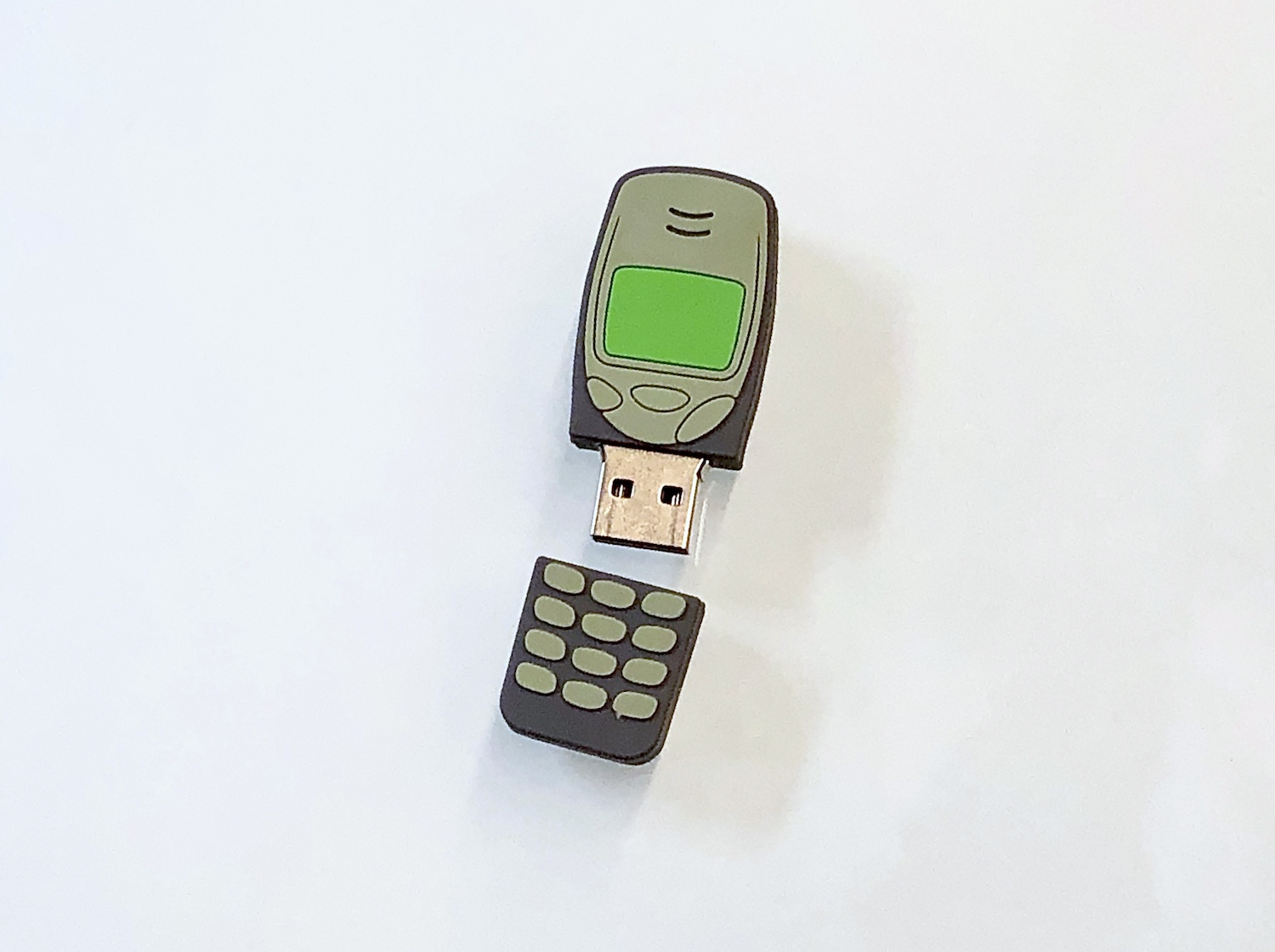
The USB drive that Spotify sent journalists (Image: TechCrunch)
Jake Williams, a former NSA hacker and founder of Rendition Infosec, called the move &amazingly tone deaf& to encourage reporters into plugging in the drives to their computers.
USB drives are not inherently malicious, but are known to be used in hacking campaigns — like power plants and nuclear enrichment plants — which are typically not connected to the internet. USB drives can harbor malware that can open and install backdoors on a victimcomputer, Williams said.
&The files on the USB itself may contain active content,& he said, which when opened can exploit a bug on an affected device.
A spokesperson for Spotify did not comment. Instead, it passed our request to Sunshine Sachs, a public relations firm that works for Spotify, which would not comment on the record beyond that &all reporters received an email stating this was on the way.&
Plugging in random USB drives is a bigger problem than you might think. Elie Bursztein, a Google security researcher, found in his own research that about half of all people will plug into their computer random USB drives.
John Deere earlier this year caused a ruckus after it distributed a promotion drive that actively hijacked the computerkeyboard. The drive contained code that, when plugged in, ran a script, opened the browser and automatically typed in the companywebsite. Even though the drive was not inherently malicious, the move was highly criticized, as malware often acts in an automated, scripted way.
Given the threats that USB drives can pose, Homeland Securitycybersecurity division, CISA, last month updated its guidance about USB drive security. Journalists are among those who are frequent targets by some governments, including targeted cyberattacks.
Remember: Always take precautions when handling USB drives. And never plug one in unless you trust it.
- Details
- Category: Technology
Read more: No, Spotify, you shouldn’t have sent mysterious USB drives to journalists
Write comment (94 Comments)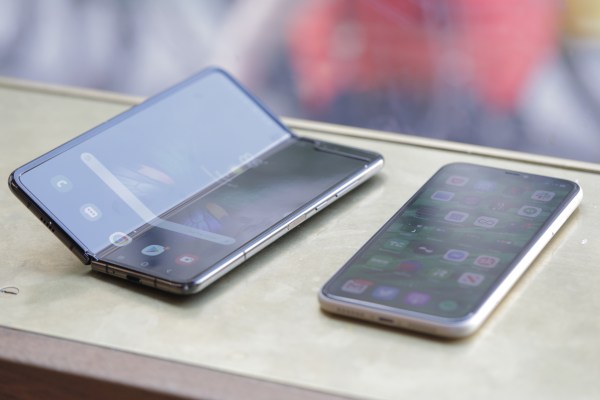
A year from now, this is likely to have all blown over. A year from now, the Samsung Galaxy Foldturbulent takeoff may well be a footnote in the largest story of foldables. For now, however, itan important caveat that will come up in every conversation about the nascent product category.
How history remembers this particular debacle will depend on a number of different factors, the ultimate success of the category chief among them. If foldables do takeoff, the Galaxy Foldvery public false start will be remembered as little more than a blip. Thereplenty of reasons to root for this — devices have seemingly hit the upper threshold of product footprint. If the trend toward larger screens continues, itgoing to take a clever form factor like this to accommodate that need.
If foldables are relegated to the dustbin of history, however, the Fold misfire will take much of the heat. Itclear that a trail of broken units will have little impact on Samsungbottom line. Two Galaxy Note 7 recalls were a testament to the hardware giantresilience in the public eye, after serving as a rounding error in the companybottom line that year. Sending some half-baked models to a handful of reviews wasn&t nearly as major of a mistake, but the category, much like the Fold itself, is in a fragile state.
- Details
- Category: Technology
Read more: A false start for foldables in 2019
Write comment (95 Comments)
Dating app Plenty of Fish has pushed out a fix for its app after a security researcher found it was leaking information that users had set to &private& on their profiles.
The app was always silently returning users& first names and postal ZIP codes, according to The App Analyst, a mobile expert who writes about his analyses of popular apps on his eponymous blog.
The leaking data was not immediately visible to app users, and the data was scrambled to make it difficult to read. But using freely available tools designed to analyze network traffic, the researcher found it was possible to reveal the information about users as their profiles appeared on his phone.
In one case, the App Analyst found enough information to identify where a particular user lived, he told TechCrunch.
Plenty of Fish has more than 150 million registered users, according to its parent company IAC. In recent years, law enforcement has warned about the threats some people face on dating apps, like Plenty of Fish. Reports suggest sex attacks involving dating apps have risen in the past five years. And those in the LGBTQ+ community on these apps also face safety threats from both individuals and governments, prompting apps like Tinder to proactively warn their LGBTQ+ users when they visit regions and states with restrictive and oppressive laws against same-sex partners.
A fix is said to have rolled out earlier this month for the information leakage bug. A spokesperson for Plenty of Fish did not immediately comment.
Earlier this year, the App Analyst found a number of third-party tools were allowing app developers to record the devicescreen while users engaged with their apps, prompting a crackdown by Apple.
- Details
- Category: Technology
Read more: Plenty of Fish app was leaking users’ hidden names and postal codes
Write comment (97 Comments)Page 57 of 5614

 17
17